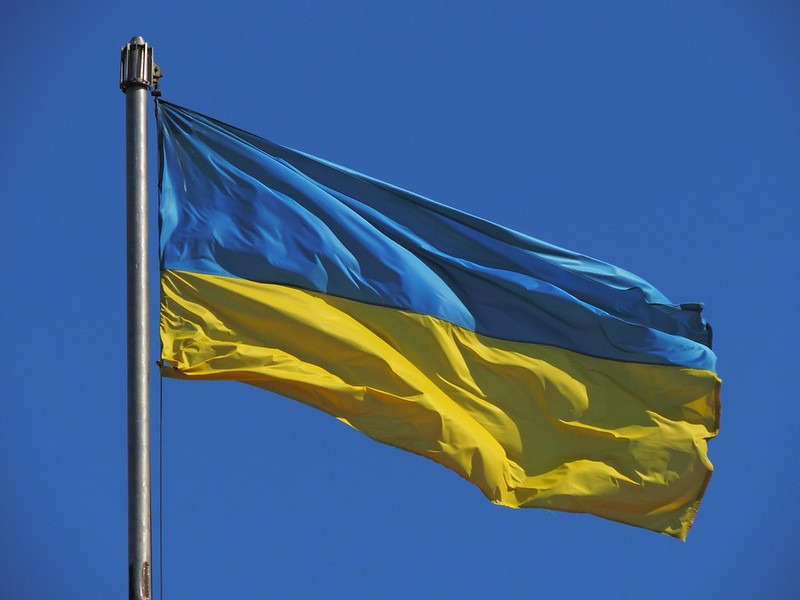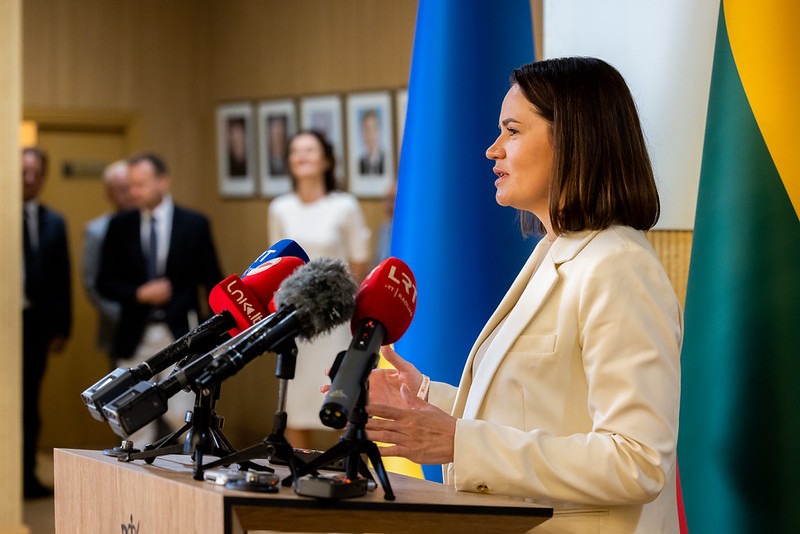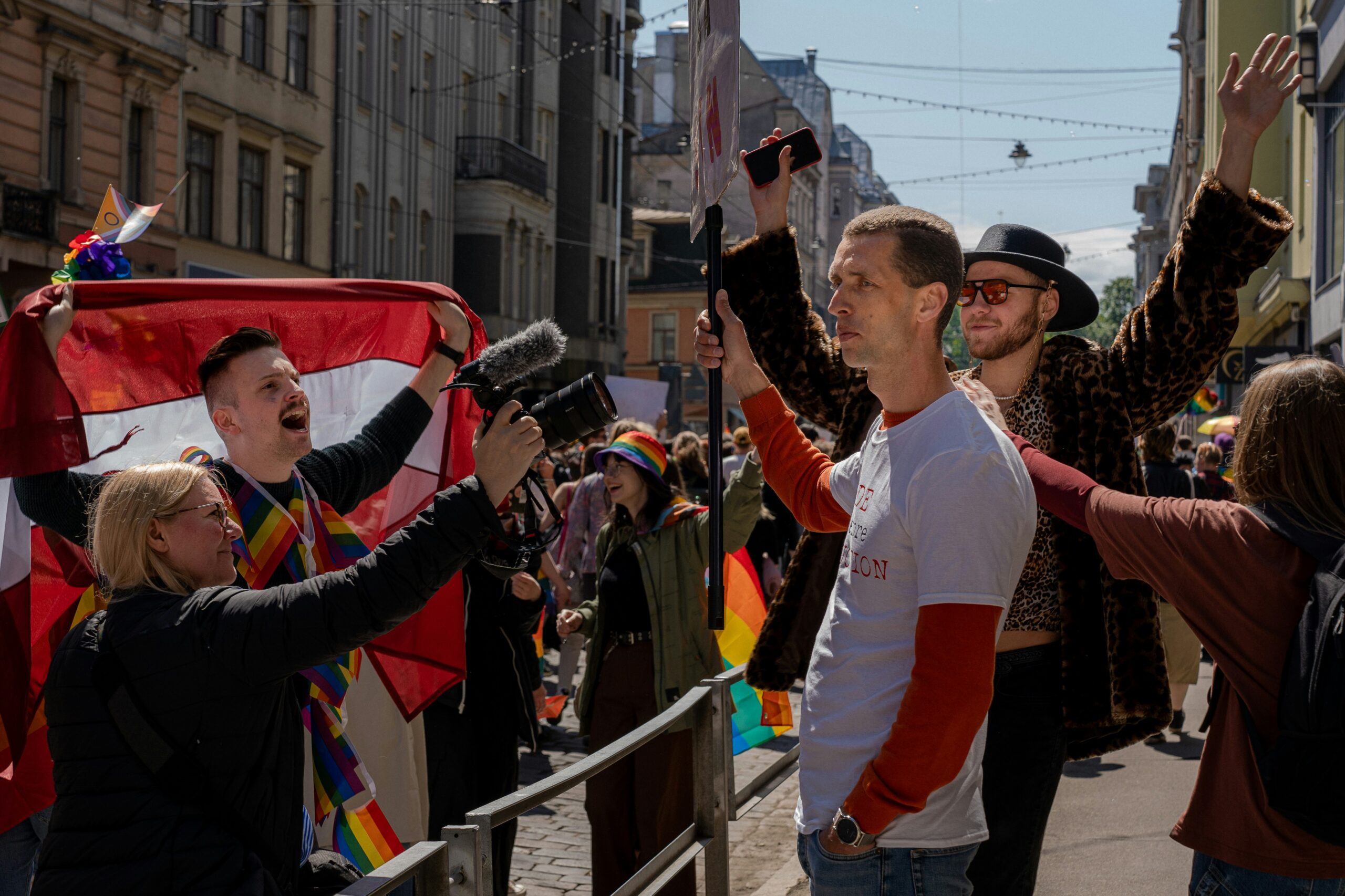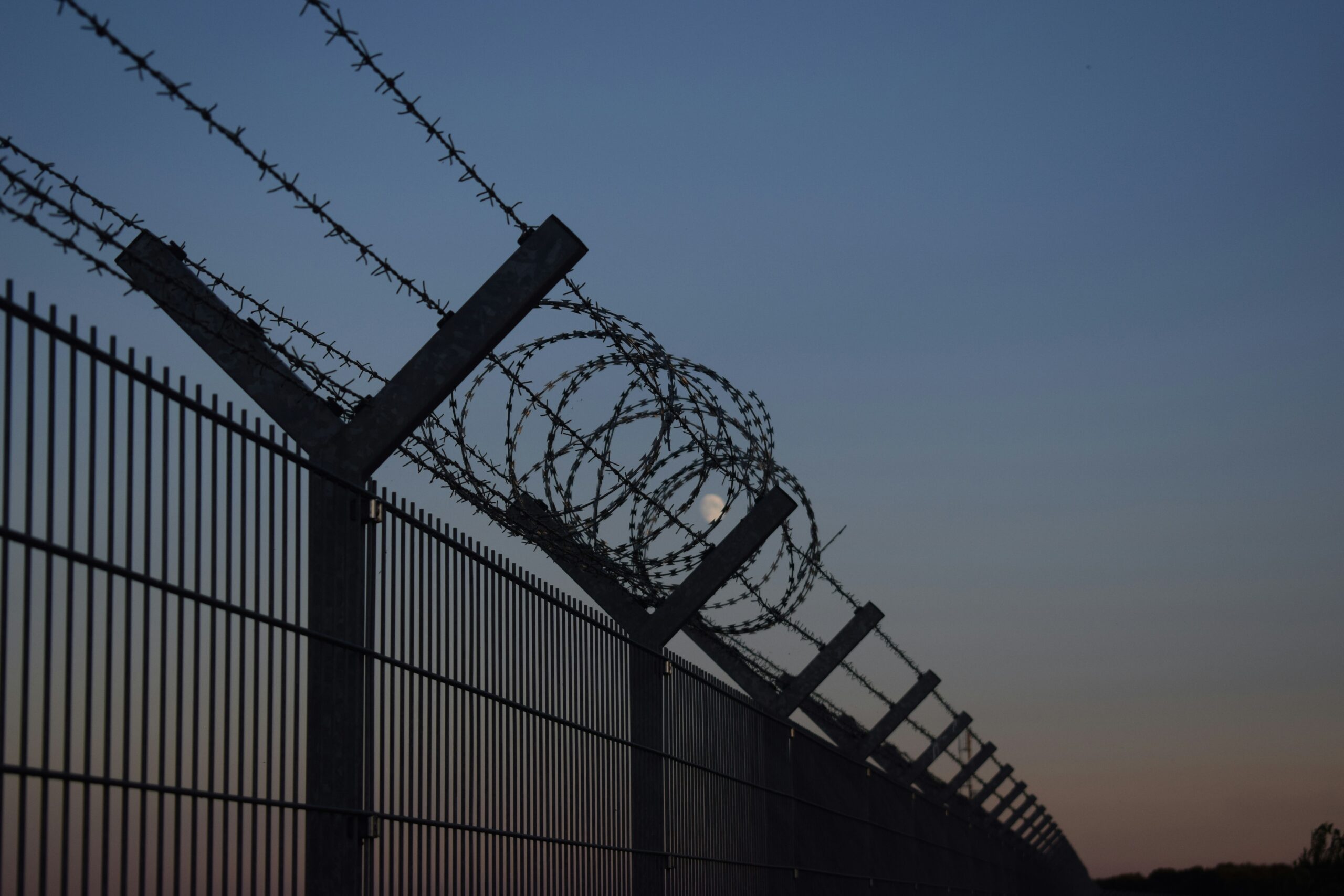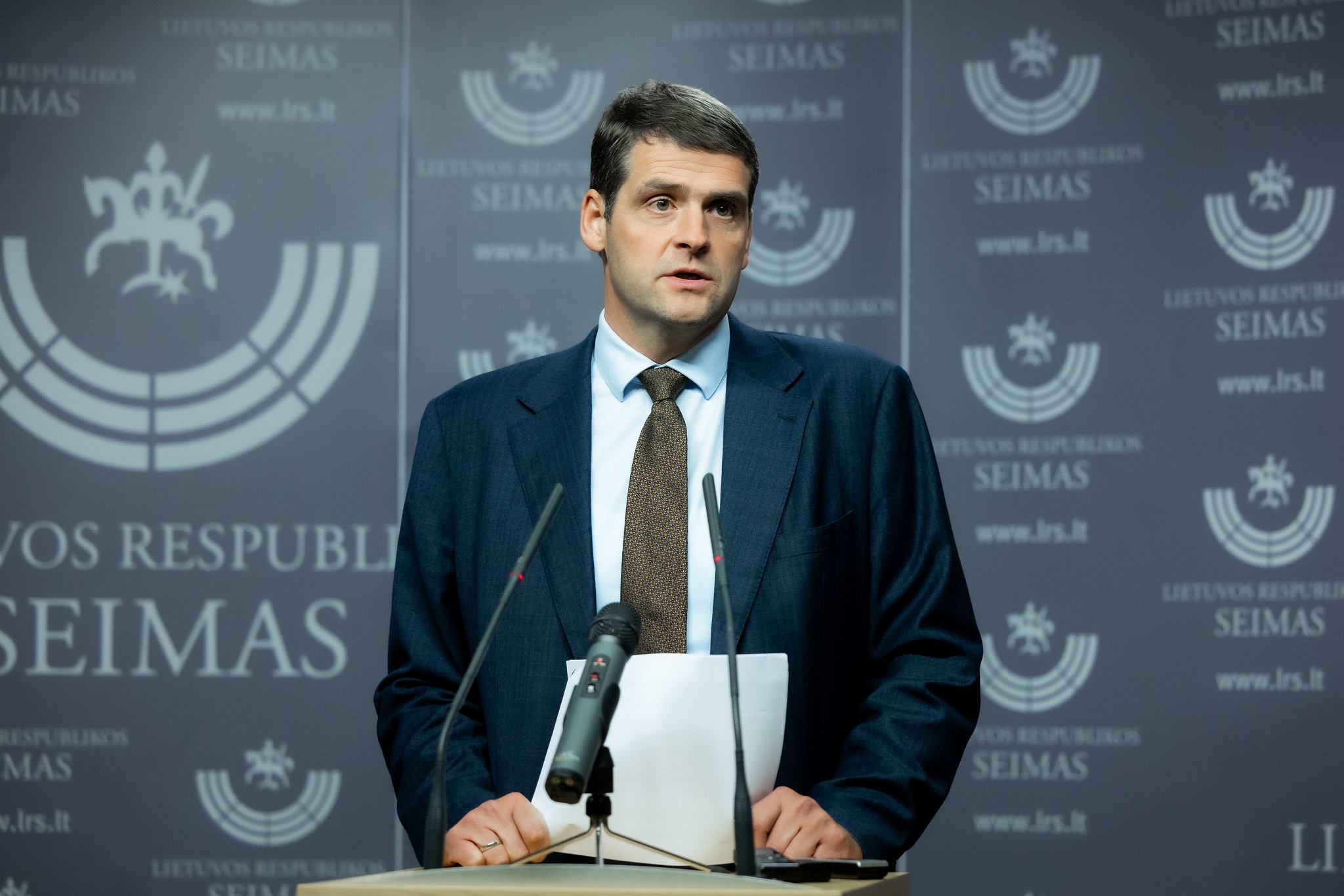Report
Estonia Weekly: Satirical “Olivier Salad Ban” Rumour Fuels Russophobia
Pro-Kremlin online voices in Estonia amplified both fabricated claims about cultural repression and criticism of long queues at the Narva border, framing these measures as evidence of “Russophobia.”
Weekly Reports
Estonia Weekly: Government Initiative to Ease War Anxiety Sparks Kremlin Mockery
In late October 2025, Estonia hired a journalist to address public war anxiety, sparking criticism over blurred media-state lines and mockery from pro-Kremlin voices. Simultaneously, reports of discrimination against Russian-speaking students reignited debates over language policies and societal tensions online.
Read moreLithuania Weekly: Defence Minister’s Resignation and Ukrainian Flag Debate
This week, Kremlin-aligned media in Lithuania concentrated on the resignation of Defence Minister Dovilė Šakalienė, using it to fuel disinformation and conspiracy narratives about corruption and political intrigue within the government. At the same time, pro-Kremlin outlets revived stories about the Ukrainian flag in the Seimas, presenting opposition to it as a growing grassroots movement and seeking to undermine public support for Lithuania’s pro-Ukraine stance.
Read moreLatvia Weekly: Trump-style manipulations about Convention against violence
Ainars Šlesers from the Latvia First party has intensified his disinformation campaign against the Istanbul Convention using Trump-style manipulation tactics, falsely claiming the treaty enables child brainwashing and gender changes for minors. His strategy combines conspiracy theories about elite corruption, personal attacks degrading opponents’ appearance and competence, and apocalyptic calls to save Latvia, creating tribal political warfare where facts become irrelevant.
Read moreEstonia Weekly: Pro-Kremlin Commentators Stoke E-Voting Mistrust in Estonia
Online debate last week focused on Estonia’s municipal elections and Omniva’s move to end Russian-language service. Pro-Kremlin voices questioned the integrity of e-voting and framed Omniva’s decision as “Russophobic,” reinforcing narratives of discrimination against Russian speakers in Estonia.
Read moreLithuania Weekly: Kremlin-Aligned Media Targets Lithuanian Support for Ukraine and Belarus Opposition
This week, Kremlin-aligned media in Lithuania intensified efforts to discredit the country’s support for Ukraine and portray the government as authoritarian and detached from its citizens.
Read moreLatvia Weekly: Kremlin Narratives Persist as Istanbul Convention Disinformation Wanes
Disinformation campaigns about the Istanbul Convention are declining, but Kremlin-aligned narratives persist on social media, with Russia-leaning politicians exploiting migration and minority rights debates to undermine Latvia’s Western alignment and portray the country as a Western puppet lacking sovereignty.
Read moreEstonia Weekly: Pro-Kremlin narratives target Estonia over border incident and entry ban
Pro-Kremlin commentators portrayed Estonia’s closure of the Saatse Boot road as an “anti-Russian” provocation and mocked the country’s perceived weakness. Similarly, the entry ban on Latvian politician Aleksejs Rosļikovs was used to amplify narratives about political repression and curtailed freedom of speech in Estonia.
Read moreLithuania Weekly: Amplifying Žemaitaitis Hate Speech and Targeting Ukraine Support in Lithuania
This week, Kremlin-aligned media intensified efforts to exploit divisive rhetoric in Lithuania – from portraying MP Žemaitaitis as a victim of “leftist attacks” to amplifying Ignas Vėgėlė’s remarks questioning the Ukrainian flag in Seimas. These narratives, paired with the mocking of opposition appeals and nationwide protests, reflect a broader strategy to deepen polarization, discredit political actors, and undermine support for Ukraine.
Read moreLatvia Weekly: Disinformation Campaigns Keep on Targeting Istanbul Convention
Latvia’s conservative politicians have launched a disinformation campaign falsely claiming the violence prevention treaty promotes forced gender transitions for children, Marxist ideology, and the destruction of traditional values. These narratives closely mirror Russian information operations designed to portray Western liberal-democratic values as morally decadent threats to society, either deliberately amplifying or unwittingly enabling broader efforts to undermine Latvia’s European integration and democratic institutions.
Read moreShowing 19 to 27 of 334 results
Don’t miss a story.
We publish stories that change laws, lives, minds and the world. Subscribe to our newsletter to get our investigations delivered to your inbox.

